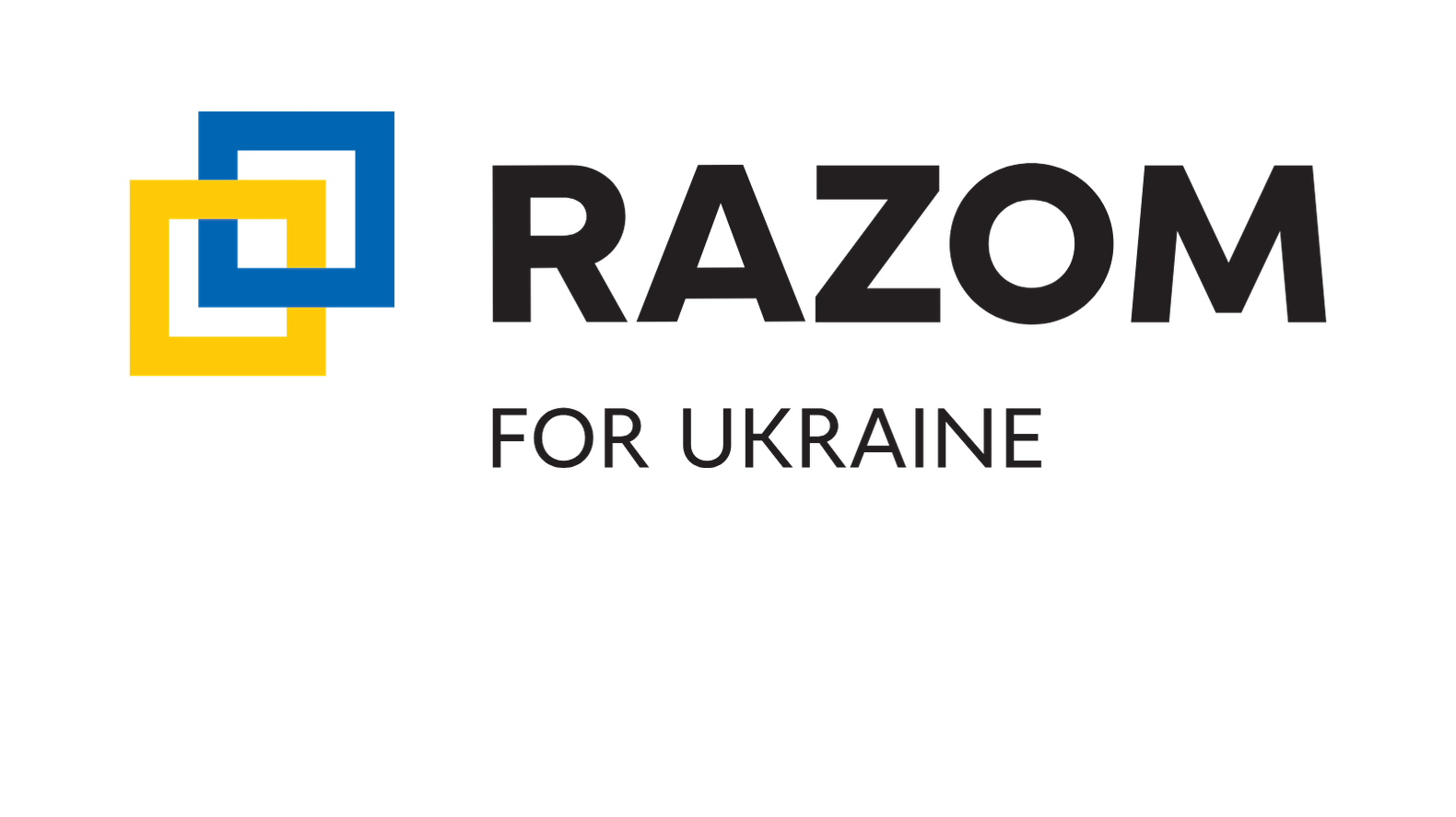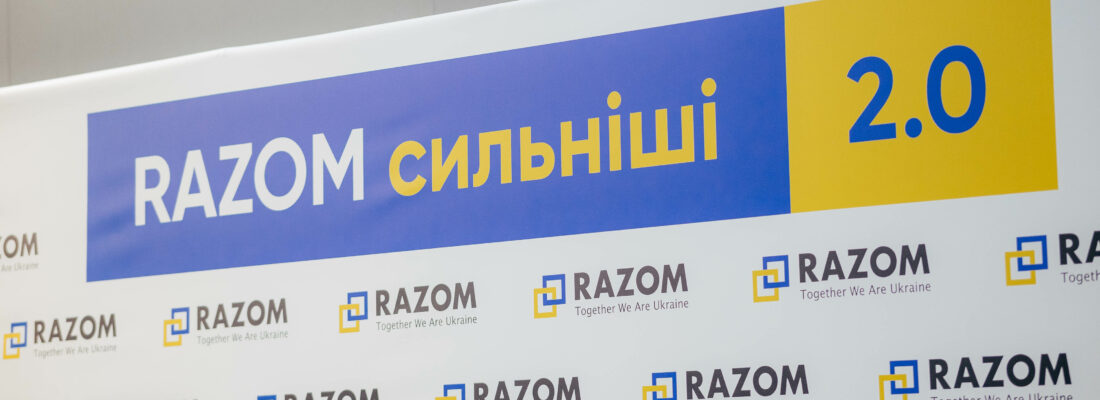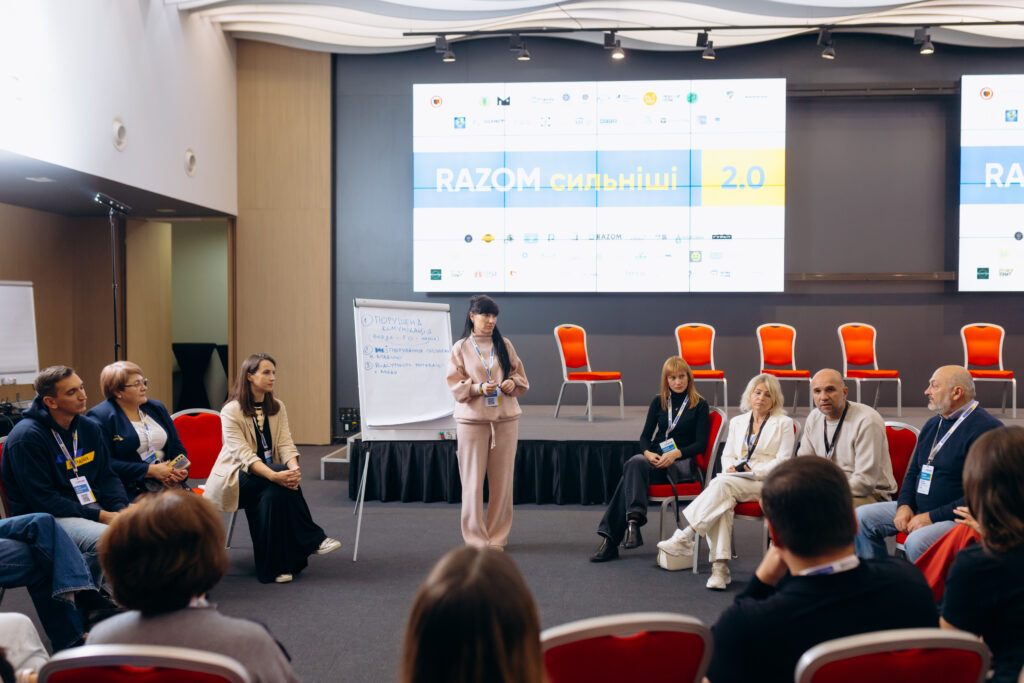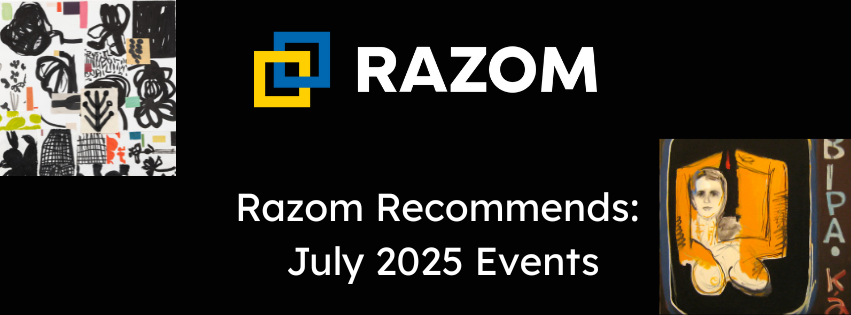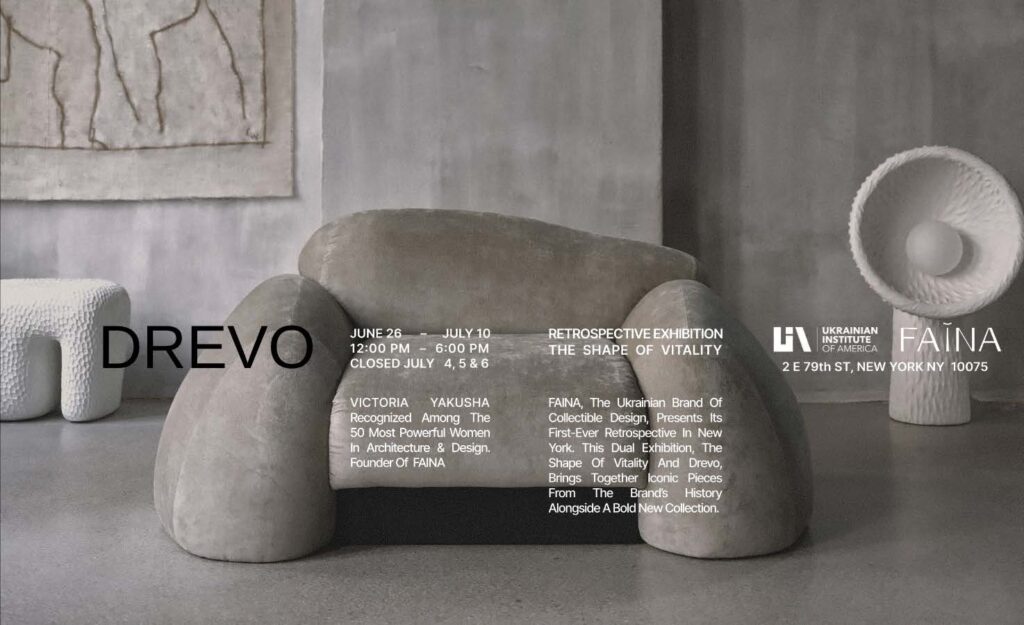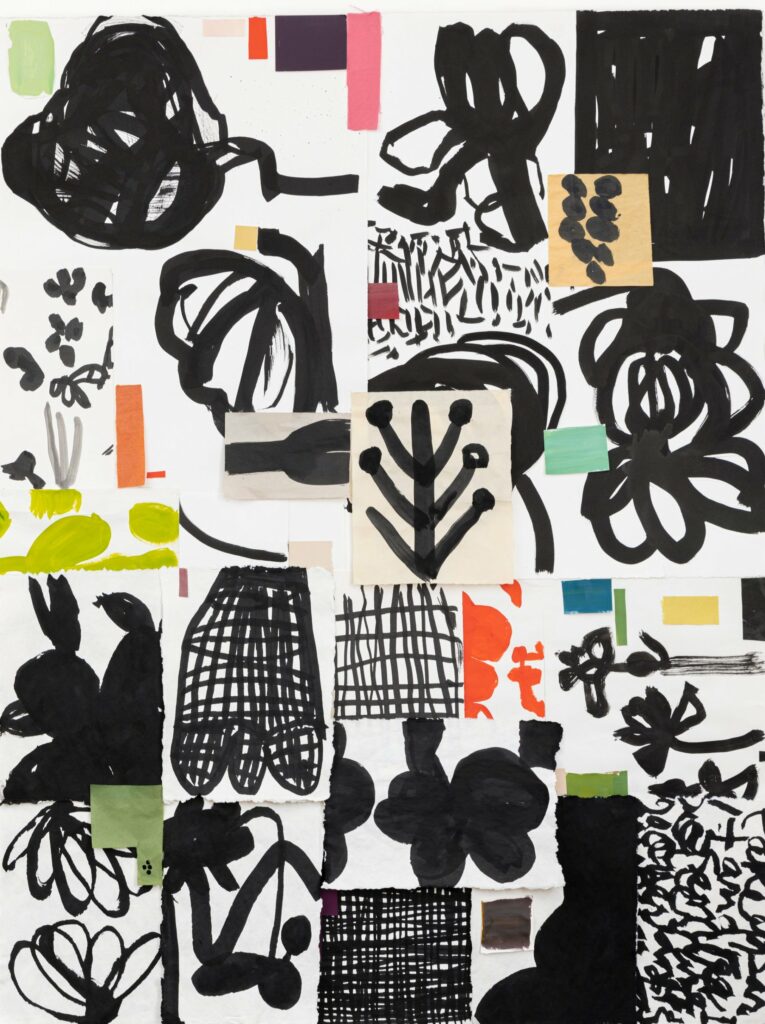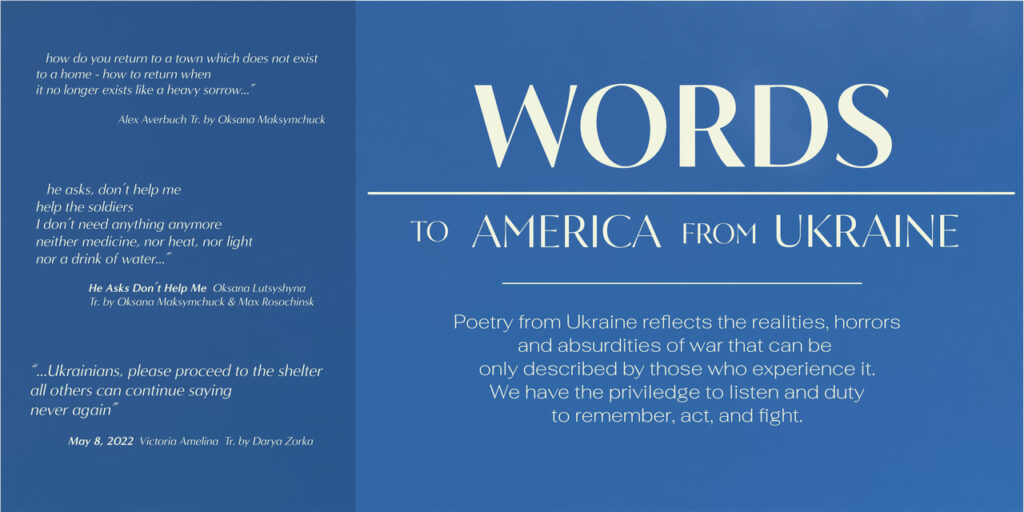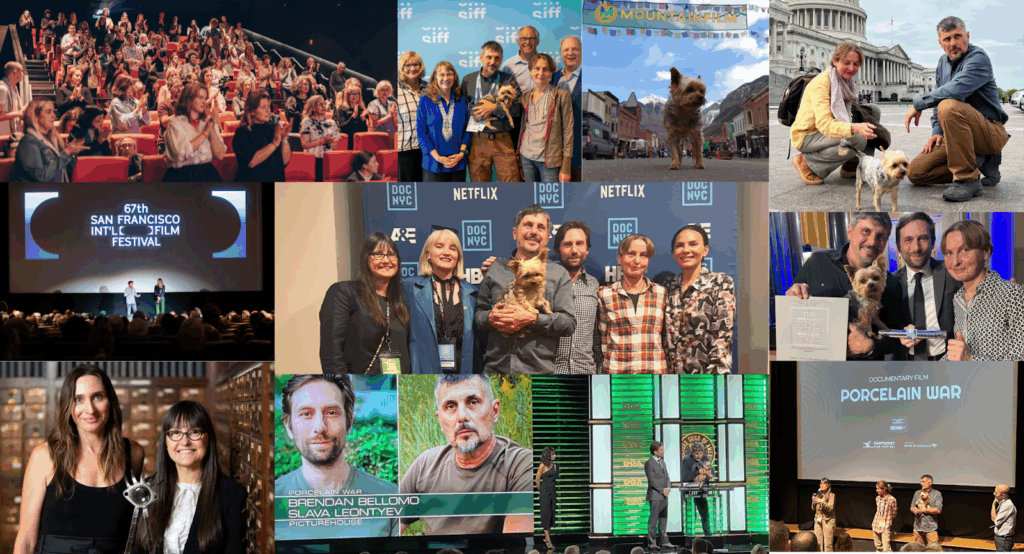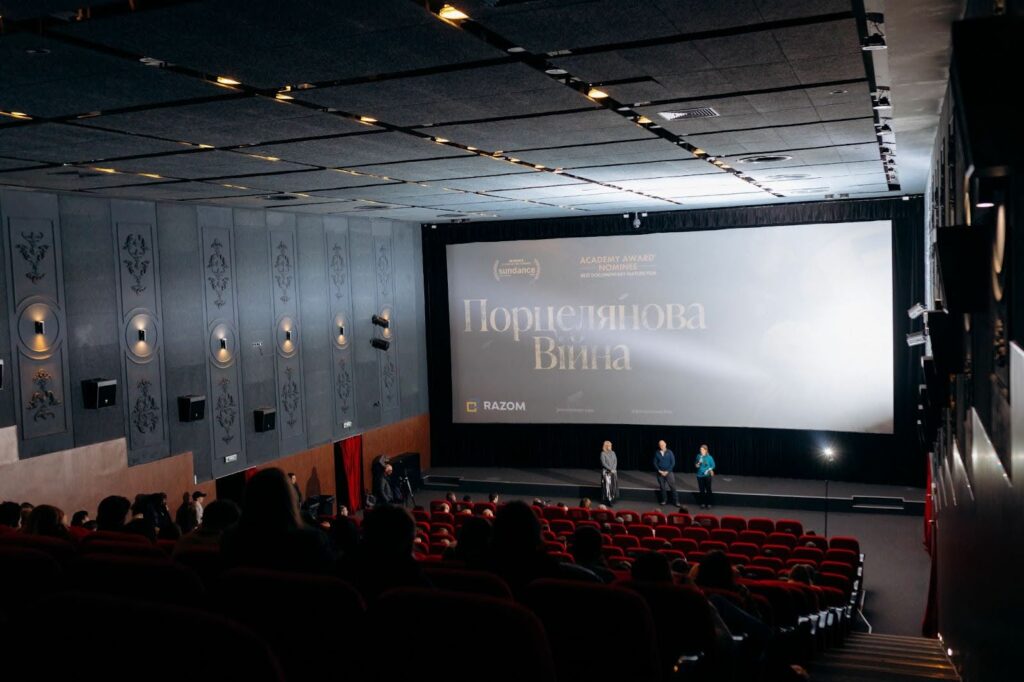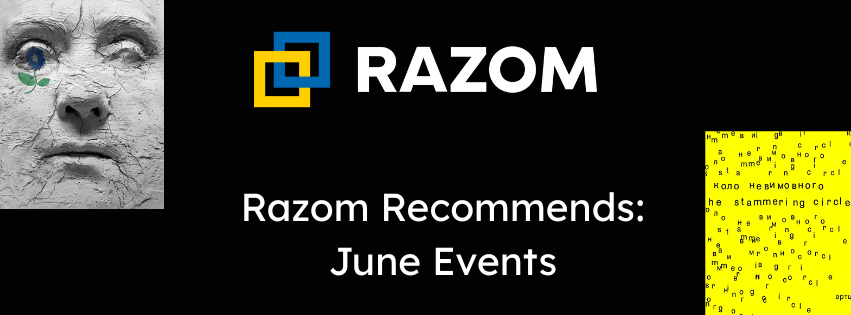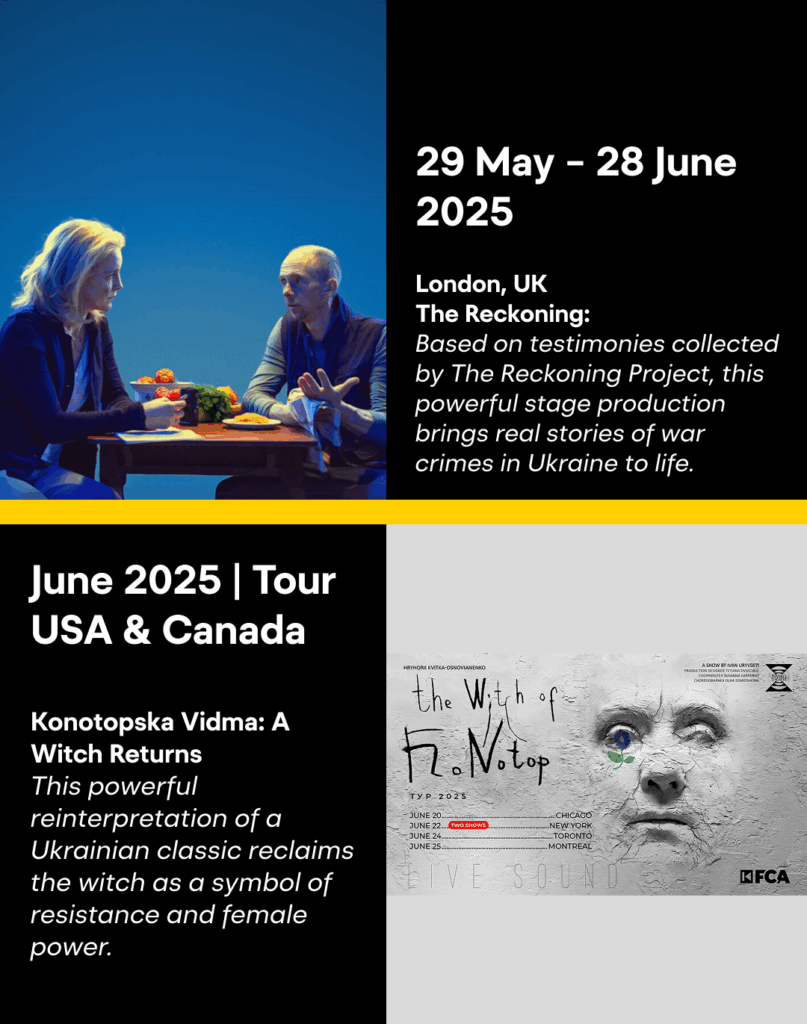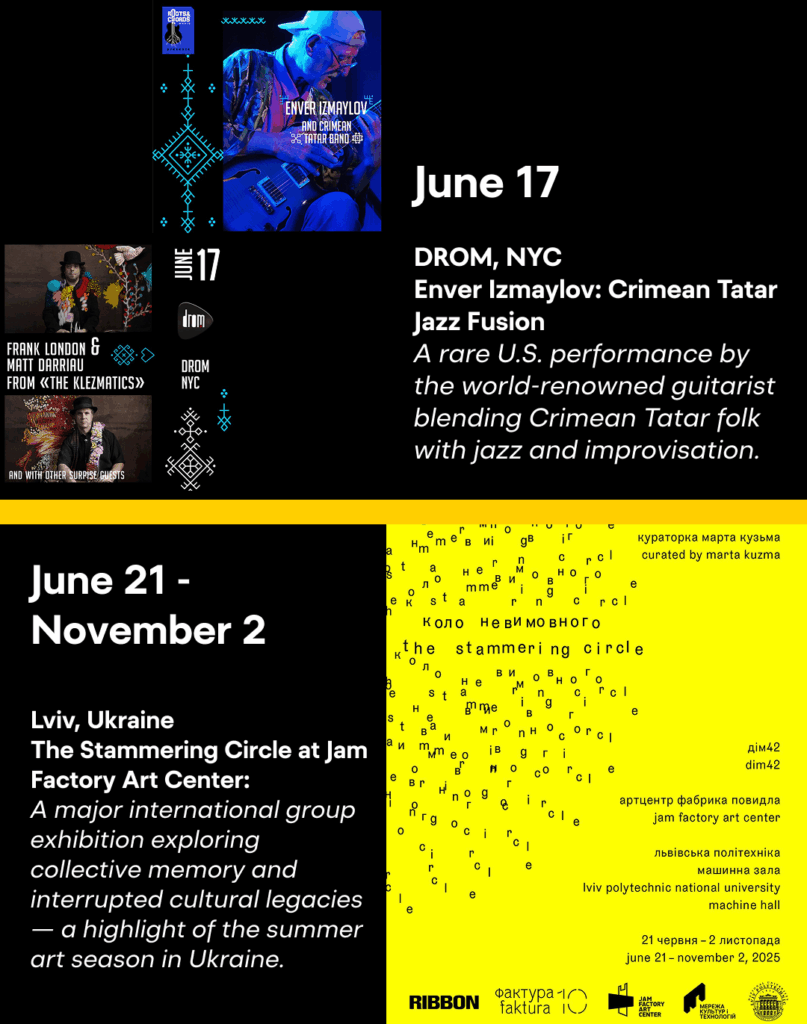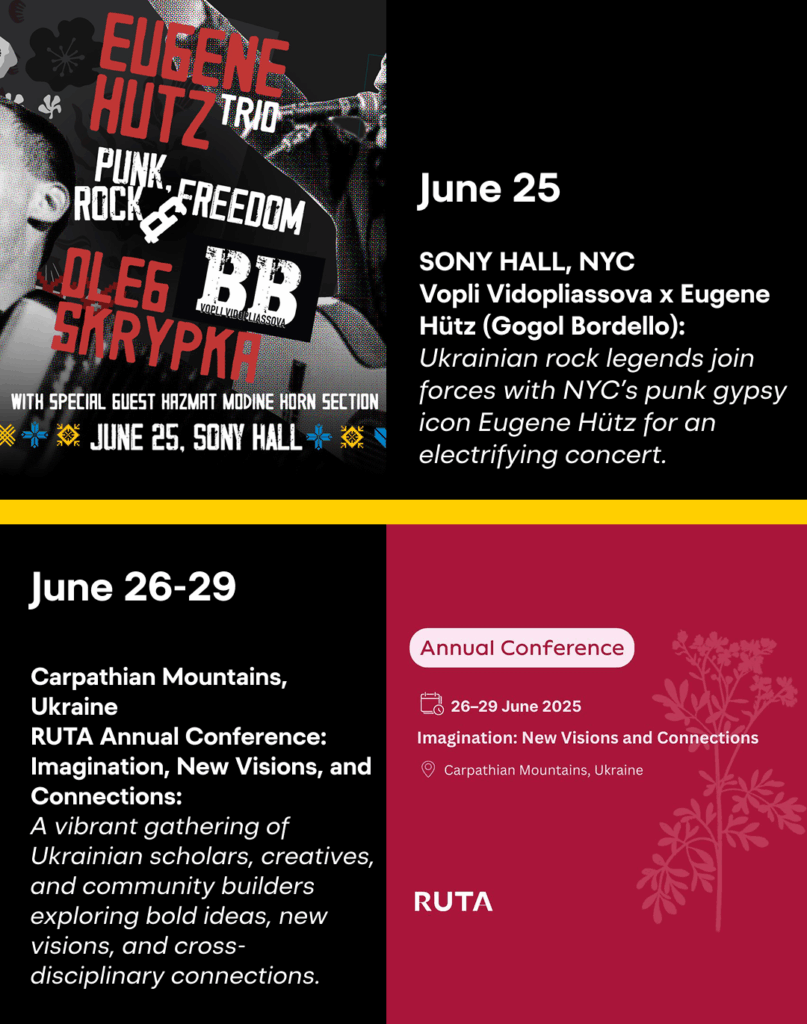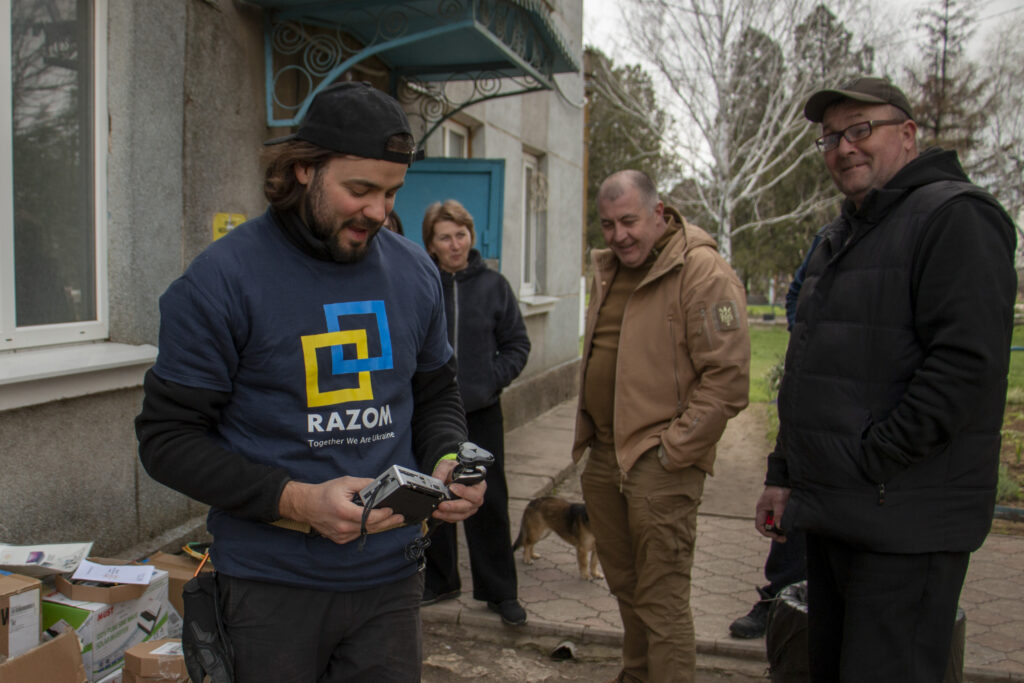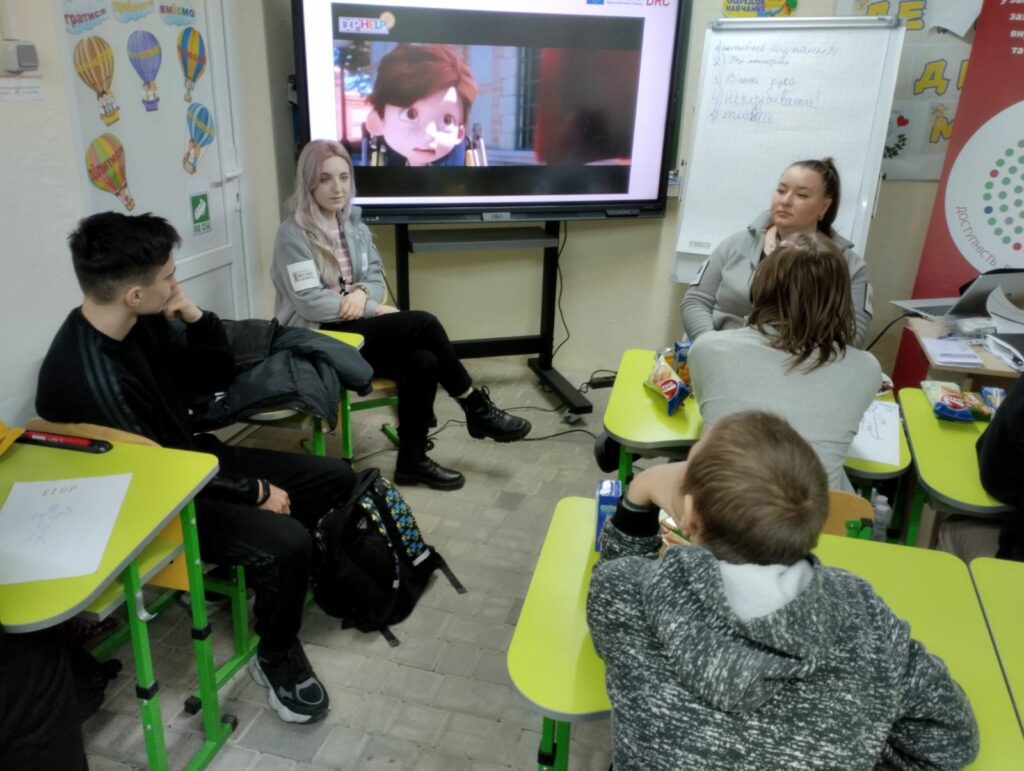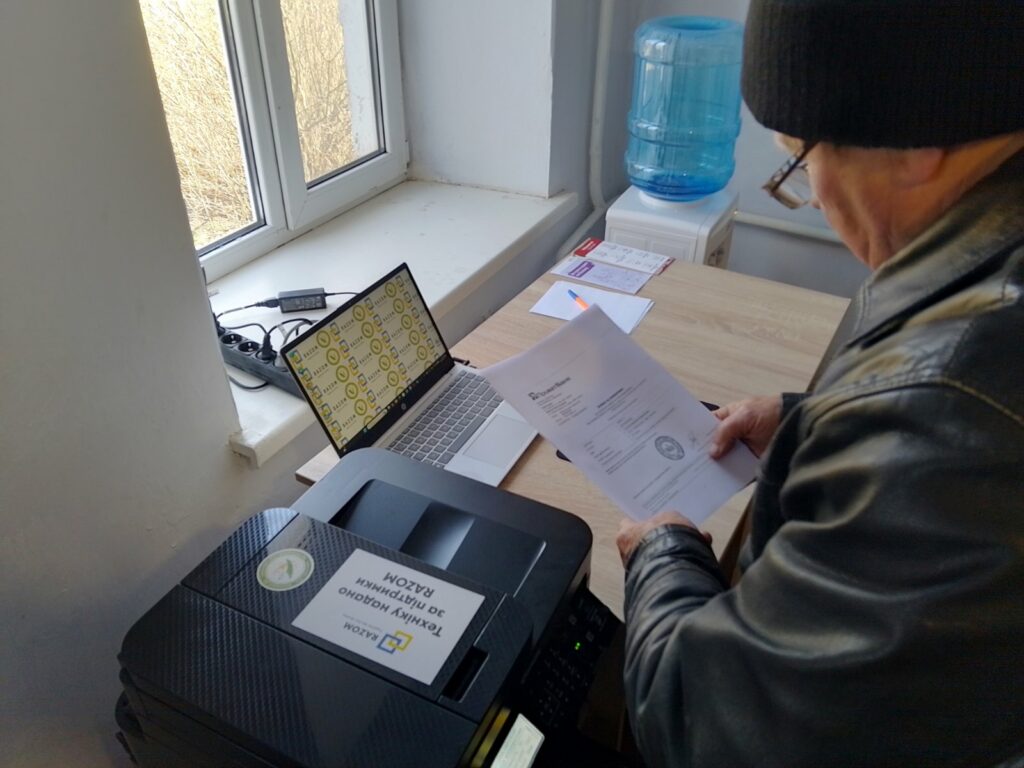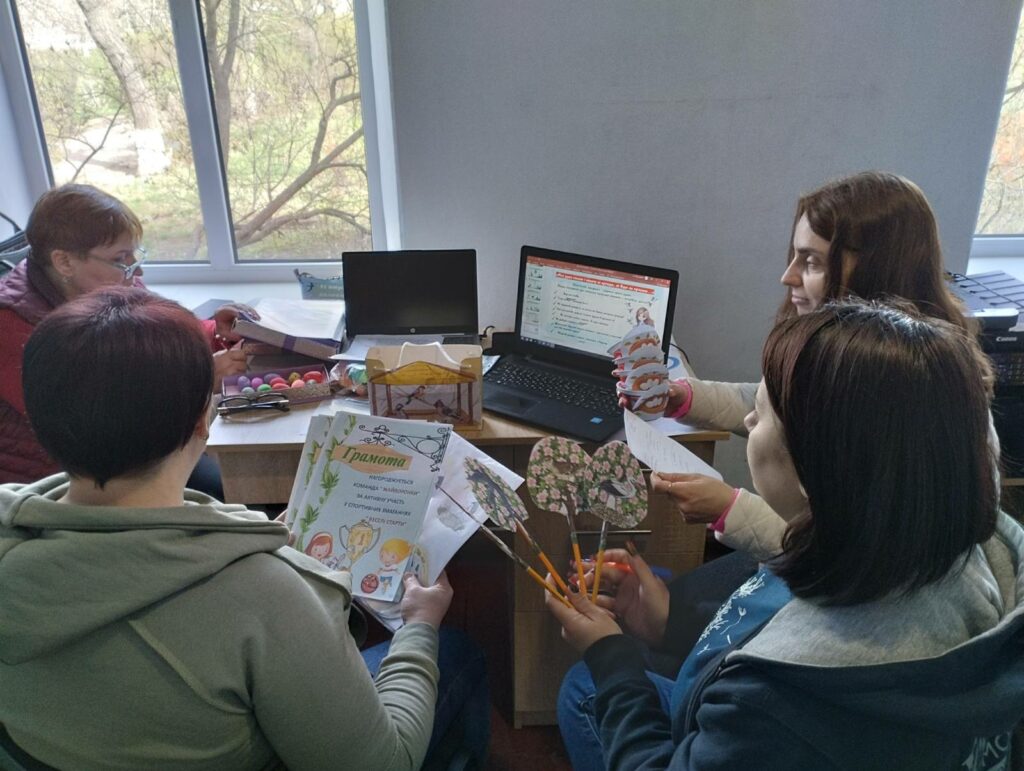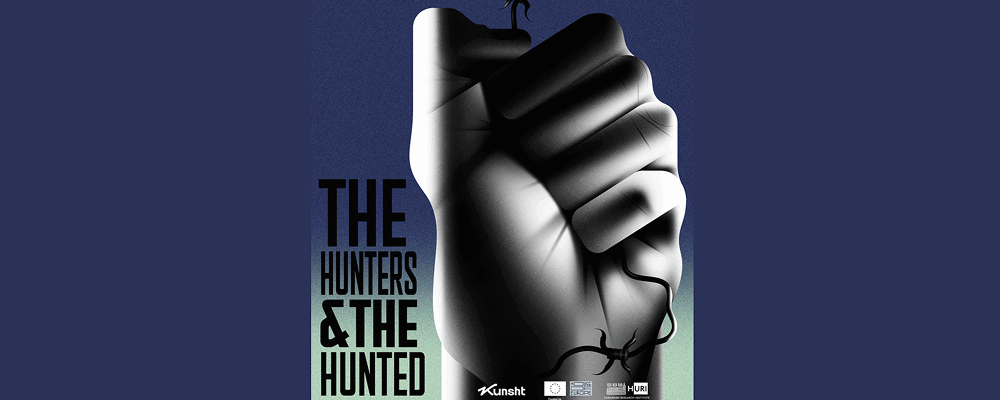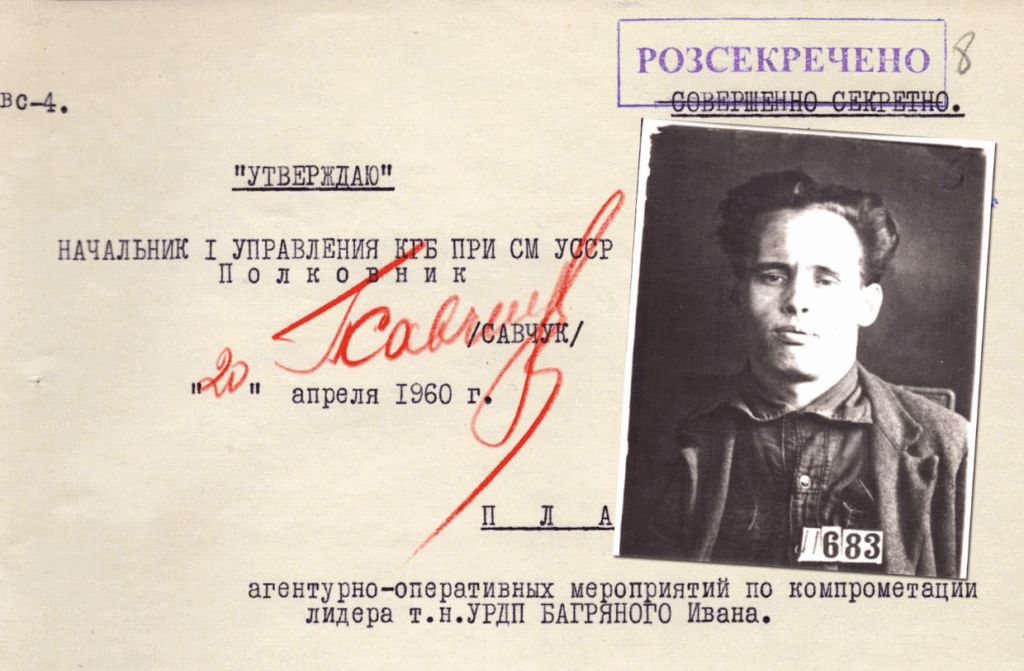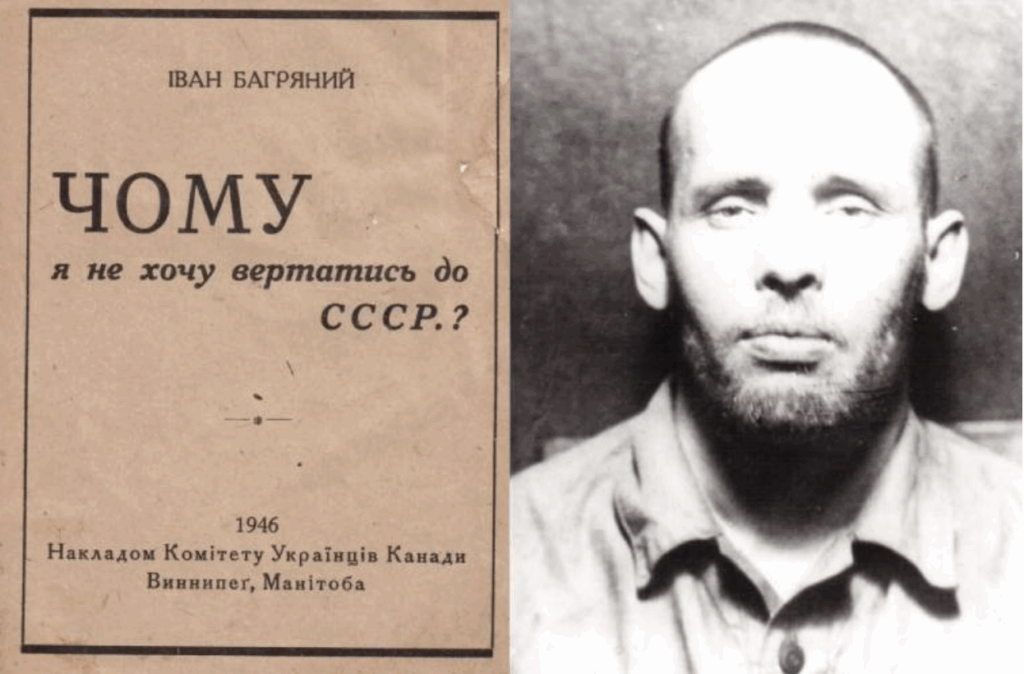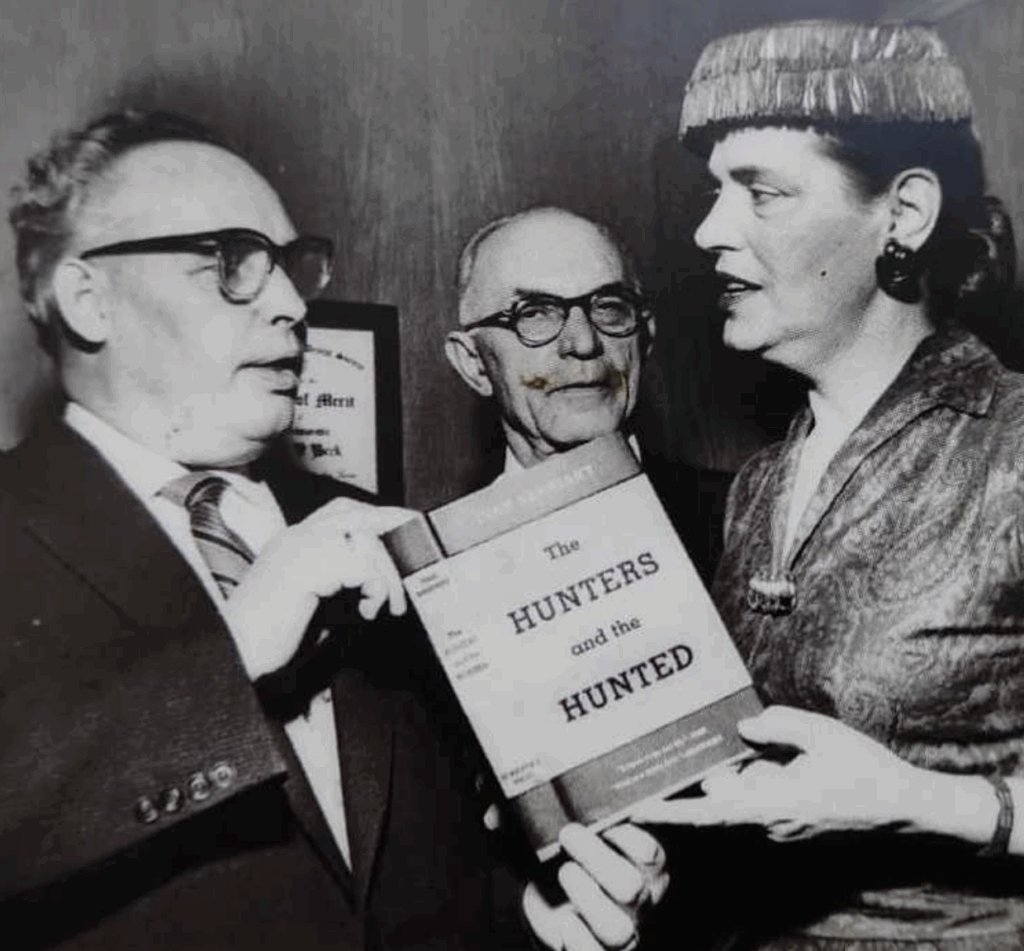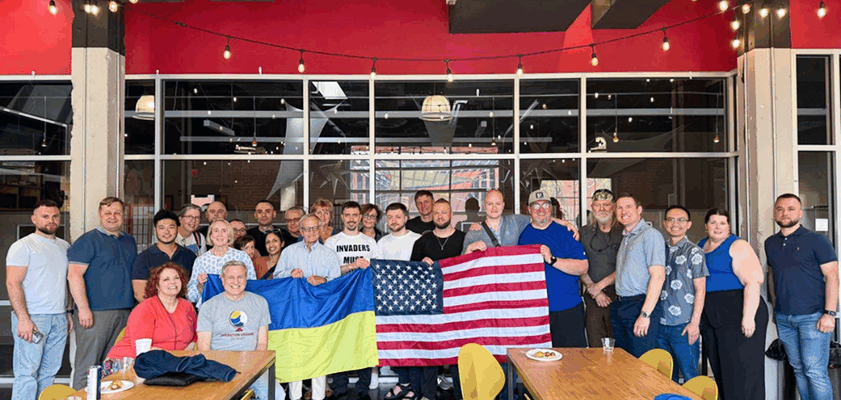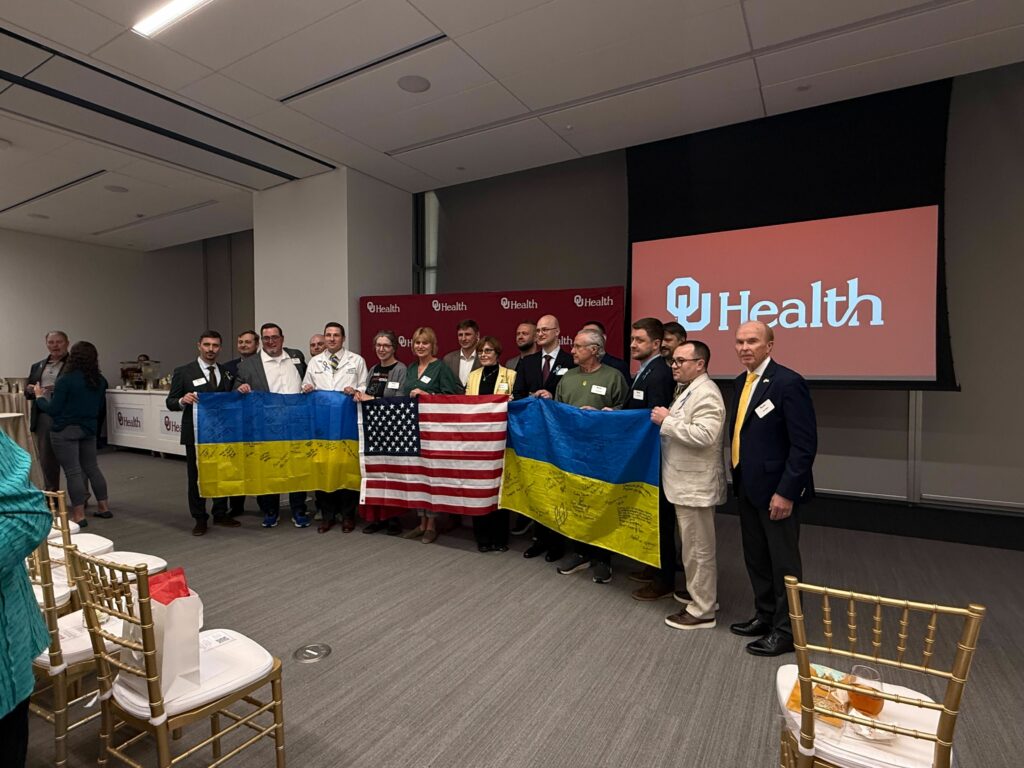Razom Connect is proud to support a stage reading of “The Hunters and the Hunted” musical based on Ivan Bahryanyi book at the Open Jar Studios in New York on May 29, 2025. This Ukrainian musical, co-written and co-composed by Anton Humaniuk, Bohdan Reshetilov, and Kyrylo Beskorovainyi, weaves history and contemporary events, celebrating Ukraine’s cultural heritage while examining the struggle between oppression and freedom. Directed by Lisa Rafferty, the reading will feature 11 songs (translated into English) and excerpts of dialogue, accompanied by a live piano performance by Ukrainian pianist Ruslan Ramazanov.
The international premiere of the musical took place at Harvard, and bringing the musical to a wider audience in New York, as a way to dismantle decades of Soviet – and now Russian – cultural propaganda through exhibits and exchanges – is something that Ivan Bahryanyi would himself approve of: “I think that the so-called cultural exchanges and exhibits have many dangerous features which Western nations, including the United States, do not realize. One of the most important purposes of these exchanges is to demoralize the Western countries, including the United States of America. It would be interesting for many Americans to know that these Soviet exchanges and exhibits portray, here in America and in many other countries, things which do not exist in the Soviet Union. The Soviet authorities endeavor to convince the world that they have such attainments in the art, in ballet, in music, and in other branches of culture because there exist cultural freedom in the USSR. In reality there is none such because there is no cultural freedom at all. Furthermore, this cultural exchange covers up the actual suppression of the national cultures of the many peoples in the Soviet Union. Why at this time, when when they show attainment of the Soviet State in the literary and artistic fields, at this very moment, are they suppressing the cultures of Ukrainians, Georgians, Armenians – and Byelorussians – and the Baltic peoples, who have no freedom to develop their own culture. They hide the Russification program which is even more dangerous for the free world, inasmuch as Moscow is perpetuating a vast spiritual genocide against the many peoples it controls.”
Support of this stage reading is one of the many initiatives of Razom Connect to promote Ukrainian literature in the English speaking world. Developing relationships with publishers, translators, booksellers allows Razom to support translations of such books as “Mondegreen” by Volodymyr Rafeyenko, “Cecil the lion Had to Die” by Olena Stiazhkina, “My Woman” by Yulia Iliyukha, and “Amadoka” by Sophia Andrukhovych. In 2024 alone, the team of Razom Connect organized eight literary events in New York, and coordinated a U.S. book tour for five Ukrainian authors.
The importance of this work is hard to overstate – it helps bring Ukrainian voices to the forefront of conversation about historic truth – and better understand the underpinnings of the current full-scale invasion of Ukraine. When Richard Arens, Staff Director at the U.S. House of Representatives, asked Ivan Bahryanyi during the Congressional hearing: “Why do the Soviets persecute poets, writers, or other literary persons more than they do ordinary criminals?”, the author responded: “The Soviet regime considers the ordinary criminals, when they commit a crime, damage or harm to a single person or individual, whereas poets, writers, literary figures, when they are anti-Soviet, naturally damage the entire Soviet system, the foundation on which it stands, because through the literature they spread a different kind of ideology, different kinds of beliefs, than those in which the communists believe.”
To anyone who has ever paid attention in history class, the importance of language for identity and nation-building is crystal clear. From the Stoic teachings of Marcus Aurelius that still resonate today, to the ideas of Enlightenment that sparked the French Revolution, and to the “I Have a Dream” speech by Martin Luther King, Jr., the power of words to shape consciousness and steer history is hard to overstate. Time has also shown the ability of language to break down, destroy, and dominate – the novel “1984” by George Orwell being one of the classic examples. Orwell’s work explores how use of language as a tool of control (through “Newspeak”) and the loss of objective truth (“doublethink”) can suppress dissent, erase privacy, and dominate the minds and lives of citizens.
Please help Razom bring more literary events, readings, and publications from and about Ukraine to the English speaking world. Donate to the program below – and stay tuned for more announcements of exciting and meaningful initiatives.
